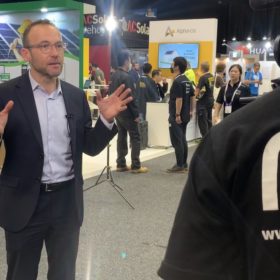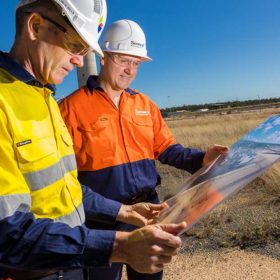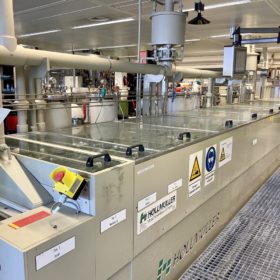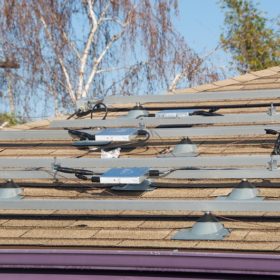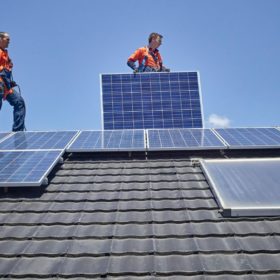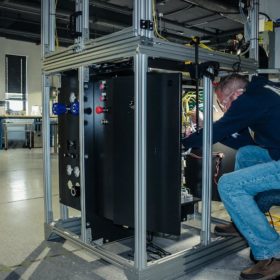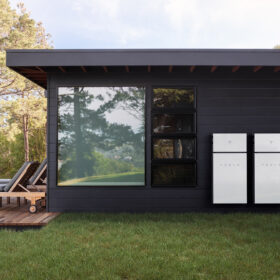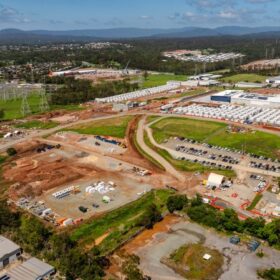Greens propose to electrify entire town in ambitious new pilot, providing household EVs
The Greens are proposing to electrify an entire Australian town and a suburb in a major city, including providing electric vehicles for households, the party’s leader Adam Bandt has revealed. The proposed pilot, which would be enabled by a $235 million fund, was inspired by Australian Saul Griffith’s ‘electrify everything’ campaign.
Development deal done for Queensland green hydrogen project
Queensland government-owned utility CS Energy has signed a deal with ASX-listed gas company Senex Energy to develop the Kogan Renewable Hydrogen Demonstration Plant, which is set to produce 50 tonnes of green hydrogen annually from behind-the-meter solar PV energy.
Fortescue provides backing for Dutch solar module maker
Fortescue Future Industries continues to advance its green energy ambitions, announcing it will provide new funding for Dutch solar PV module maker HyET Solar in a move designed to accelerate a planned expansion of the company’s manufacturing plant in The Netherlands.
Enphase predicts another revenue landmark this quarter
Enphase expects the volume of business generated to rise again for the April-June period, accompanied by another bump in battery shipments.
Solar companies battle to keep staff, claim regulatory system is depressing industry quality
Solar companies are reporting widespread staff shortages leading to false price points around the value of installers. Scott Mason, general manager of Platinum Solar Designs, says the shortages aren’t simply part of Australia’s broader skills scarcity, but rather are endemic to the solar industry and linked to a regulatory system which is pushing down the quality of installations.
Cannon-Brookes back at AGL, continuing trojan horse decarbonisation strategy
Australian technology billionaire Mike Cannon-Brookes has become the single largest shareholder in AGL after Grok Ventures, the private investment company he owns with wife Annie, bought an 11.28% stake in the public company last night. The move appears to progress the billionaire’s plan to use the free market to force the decarbonisation of Australia’s biggest emitter from the inside out. In other words, the world’s largest single decarbonisation project is back on.
US startup claims hydrogen output for $1.2/kg or less via new water vapour electrolyser
Advanced Ionics has developed an electrolyser that runs at temperatures below 650 C. It is reportedly able to produce hydrogen for US$0.85/kg (AU$1.2/kg) or less. CEO Chad Mason recently spoke with pv magazine to provide a closer look at the water vapour electrolysis tech.
Shell to acquire Indian solar developer for $2.2 billion
Shell has signed an agreement to acquire Solenergi Power, an Actis company that owns 100% of Indian developer Sprng Energy. The transaction, valued at US$1.55 billion (AU$2.2 billion), is expected to close later this year.
Elon Musk wins SolarCity lawsuit, avoids $2.8 billion judgment
Business magnate Elon Musk has avoided what would have been the largest judgment in US history on an individual executive.
US body cuts PV forecast 46% due to anti-circumvention investigation
The latest update to the Solar Energy Industries Association’s (SEIA) survey for solar workers and companies shows drastic outcomes for the industry if tariffs are imposed on countries under investigation.
